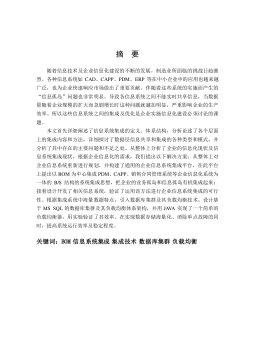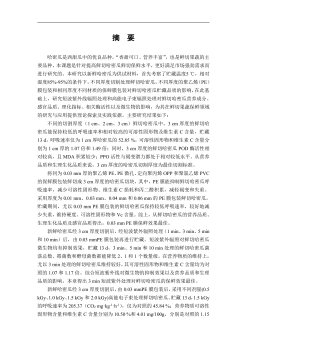中国股市对货币政策实现其经济增长目标的影响
摘要随着股市对一国经济影响力的逐步显现,实践上央行将股市逐步纳入货币政策视野,在理论界学者们对股市与货币政策关系的研究也逐步升温。在股市与货币政策诸目标的关系中,对股市与货币政策经济增长目标之间关系的探讨更具有终极性、根本性的意义。已有的探讨股市与货币政策经济增长目标关系的理论大体上可以分为有为论和无为论。二者均采用静止的方法进行研究,这使得它们对我国这样一个由计划经济向市场经济过渡的国家并不适用。鉴于此,本文改用历史的、发展的眼光来研究二者的关系,并指出:央行为实现其货币政策目标,首先应关注改革进程(包括股市改革和整体的经济体制改革);局限于股市领域来探讨股市对货币政策实现其经济增长目标的影...
相关推荐
-
【拔高测试】沪教版数学五年级下册期末总复习(含答案)VIP免费
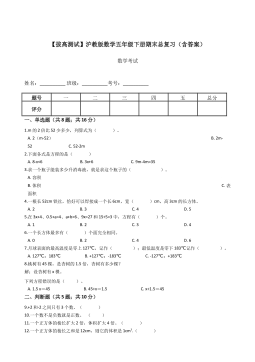
 2024-11-19 13
2024-11-19 13 -
【基础卷】小学数学五年级下册期末小升初试卷四(沪教版,含答案)VIP免费
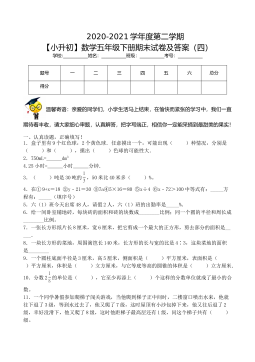
 2024-11-19 8
2024-11-19 8 -
期中测试B卷(试题)-2021-2022学年数学五年级上册沪教版(含答案)VIP免费
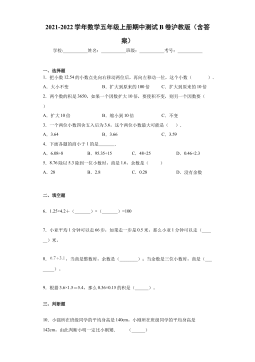
 2024-11-19 8
2024-11-19 8 -
期中测试B卷(试题)- 2021-2022学年数学五年级上册 沪教版(含答案)VIP免费
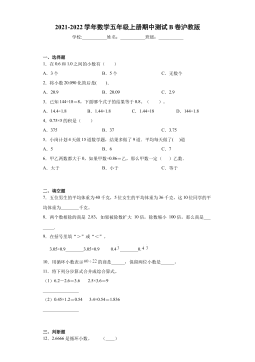
 2024-11-19 10
2024-11-19 10 -
期中测试A卷(试题)-2021-2022学年数学五年级上册沪教版(含答案)VIP免费
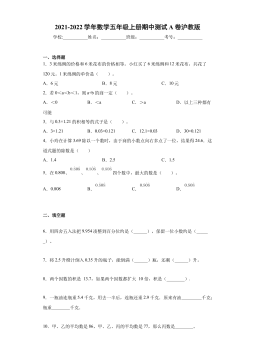
 2024-11-19 14
2024-11-19 14 -
期中测试A卷(试题)-2021-2022学年数学五年级上册 沪教版(含答案)VIP免费
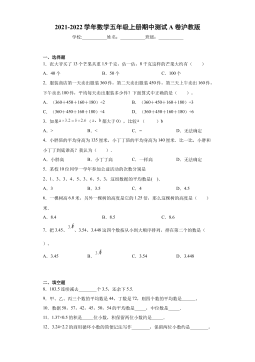
 2024-11-19 15
2024-11-19 15 -
期中测B试卷(试题)-2021-2022学年数学五年级上册 沪教版(含答案)VIP免费
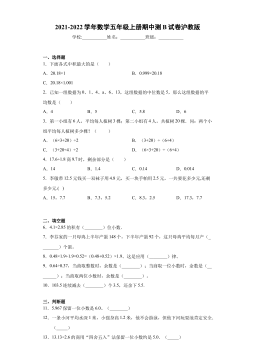
 2024-11-19 11
2024-11-19 11 -
期中测A试卷(试题)-2021-2022学年数学五年级上册沪教版(含答案)VIP免费

 2024-11-19 22
2024-11-19 22 -
【七大类型简便计算狂刷题】四下数学+答案
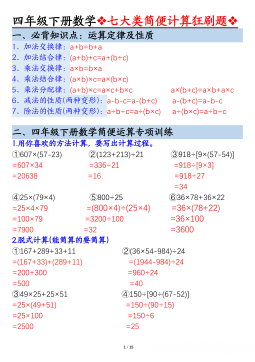
 2025-03-18 6
2025-03-18 6 -
【课内金句仿写每日一练】四下语文
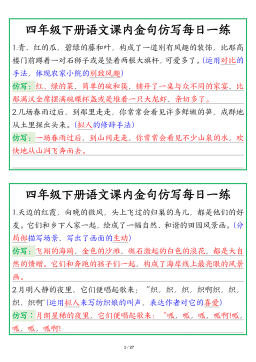
 2025-03-18 6
2025-03-18 6
相关内容
-

期中测试A卷(试题)-2021-2022学年数学五年级上册 沪教版(含答案)
分类:中小学教育资料
时间:2024-11-19
标签:无
格式:DOCX
价格:5 积分
-

期中测B试卷(试题)-2021-2022学年数学五年级上册 沪教版(含答案)
分类:中小学教育资料
时间:2024-11-19
标签:无
格式:DOCX
价格:5 积分
-

期中测A试卷(试题)-2021-2022学年数学五年级上册沪教版(含答案)
分类:中小学教育资料
时间:2024-11-19
标签:无
格式:DOCX
价格:5 积分
-

【七大类型简便计算狂刷题】四下数学+答案
分类:中小学教育资料
时间:2025-03-18
标签:数学计算;校内数学
格式:PDF
价格:1 积分
-

【课内金句仿写每日一练】四下语文
分类:中小学教育资料
时间:2025-03-18
标签:无
格式:PDF
价格:1 积分


